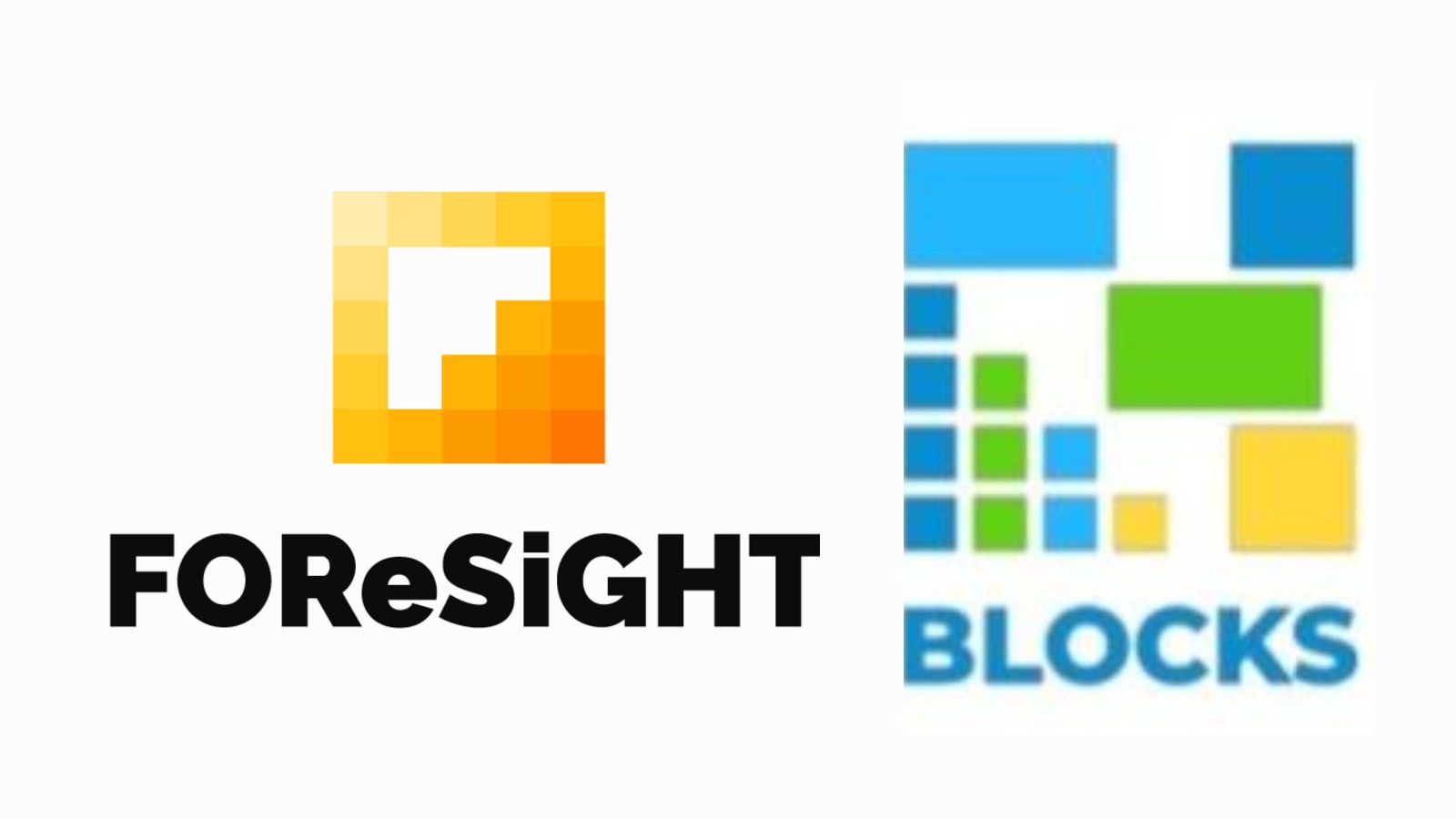 Blocks
Blocks
Focusing on data integrity, the blockchain ledger is immutable. Every transaction in a block is cryptographically signed by its sender, every block in the blockchain is cryptographically signed by its miner, every block contains a hash of the immediately preceding block and all the participants in the blockchain network reach a consensus about the chain as the shared truth.
Merkle trees are a fundamental use of hashing in blockchain technologies that have not been mentioned before in the article. Merkle tree summarizes all transactions in a block into a single fingerprint, allowing to verify that all transactions in the block have been included without modification. I the image you can see one example of Merkle Tree.
Non-repudiation is another information security property intimately linked to integrity. Since every transaction in the blockchain is cryptographically signed by its sender and the chain is immutable, the sender can never deny having ordered the transaction.
In terms of availability, the distributed character of the blockchain network make it highly available.
As for privacy, it is important not to confuse this concept with confidentiality, although they usually come hand in hand. In general, public blockchain networks bind transactions to accounts.
Only the individual in possession of the corresponding private key can launch a transaction on behalf of the account through a cryptographic signature, but the identity of the individual behind the key pair is unknown.
We can conclude that blockchain is an extremely secure and resilient technology, but in general, does not include confidentiality (understood as encryption) among its main objectives.